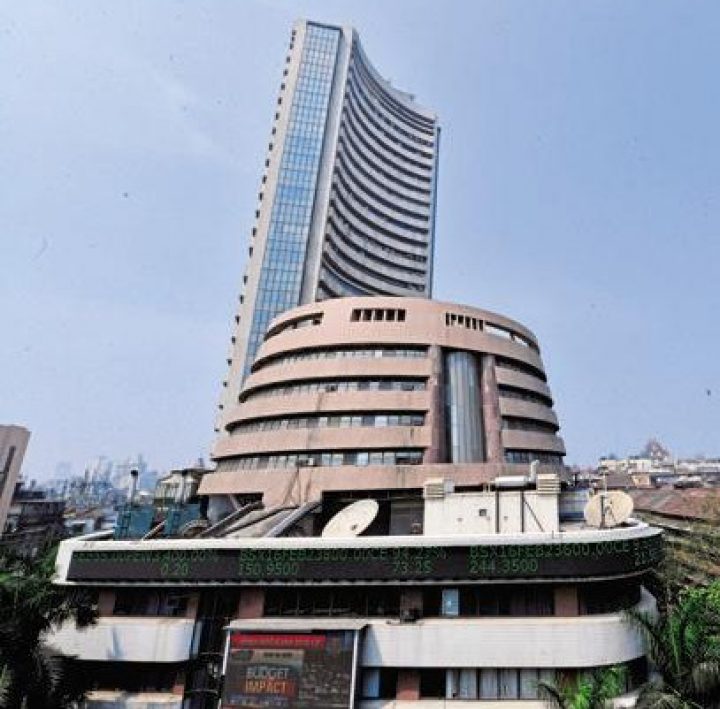
Worst week since August for Sensex, Nifty amid global stock turmoil
- 10.02.2018
- Indian Stock Market
- 0
The Sensex fell 407.4 points, or 1.18%, to close at 34,005.76 points on Friday. For the week, it has shed 3%, the worst decline since August.
Indian stocks tumbled to their lowest close in more than a month on Friday, mirroring yet another day of steep losses in markets from New York to Tokyo, with investors continuing to fret over strong bond yields as US treasuries rose close to four-year highs.
Analysts expect the volatility to continue, with Indian stocks tracking world markets, as investors are concerned about the rise in US treasury yields and bets against stock volatility are unwinding.
The Sensex fell 407.4 points, or 1.18%, to close at 34,005.76 points on Friday. For the week, it has shed 3%, the worst decline since August. Similarly, the Nifty fell 121.90 points, or 1.15%, on Friday to close at 10,454.95 points.
Friday’s rout followed the 4% nosedive in US stocks overnight. Asian markets traded sharply lower, with Japan’s Nikkei dropping 2.32% and China’s Shanghai Composite index shedding around 4.05%. Losses continued in the European market as well, but were limited.
Concerns over firming inflation and bond yields, following a strong US jobs report, have triggered the sell-off in the US market this month. The rapid unwinding of heavily leveraged trades is leading to a domino effect in the market, said analysts.
“The situation is further accentuated by massive increase in volatility trading,” said Sanjay Guglani, chief investment officer at Singapore-based Silverdale Funds. He said investment in volatility-related products has shot up multifold over the past 5 years to over $5 billion.
The yield on benchmark 10-year US treasuries, which tends to be the driver of global borrowing costs, was hovering at 2.86%, close to four-year highs, after the Bank of England said interest rates probably need to rise sooner than previously expected, adding to expectations of reduced
central bank stimulus globally.
“This is happening when the US Fed hasn’t even started unwinding its bloated balance sheet meaningfully,” said Ajay Bodke, chief executive and chief portfolio manager at brokerage Prabhudas Lilladher Pvt. Ltd.
Global central banks had bought around $16 trillion of bonds to stabilize financial markets and kick-start growth post the 2008 crisis, and President Donald Trump’s $1 trillion infra build-up plan would add to worries about US fiscal deficit, putting additional pressure on bond yields.
Bodke said that a record-low jobless rate and high capacity utilization (or low slack) in the US economy have sparked worries about wage-led inflationary pressures, forcing the Fed to slam the brakes by rapidly increasing interest rates.
source: livemint.com
Categories: BSE Sensex, Indian share market, Indian sharemarket news, Primary Market
Comments
Sorry, comments are closed for this item.
